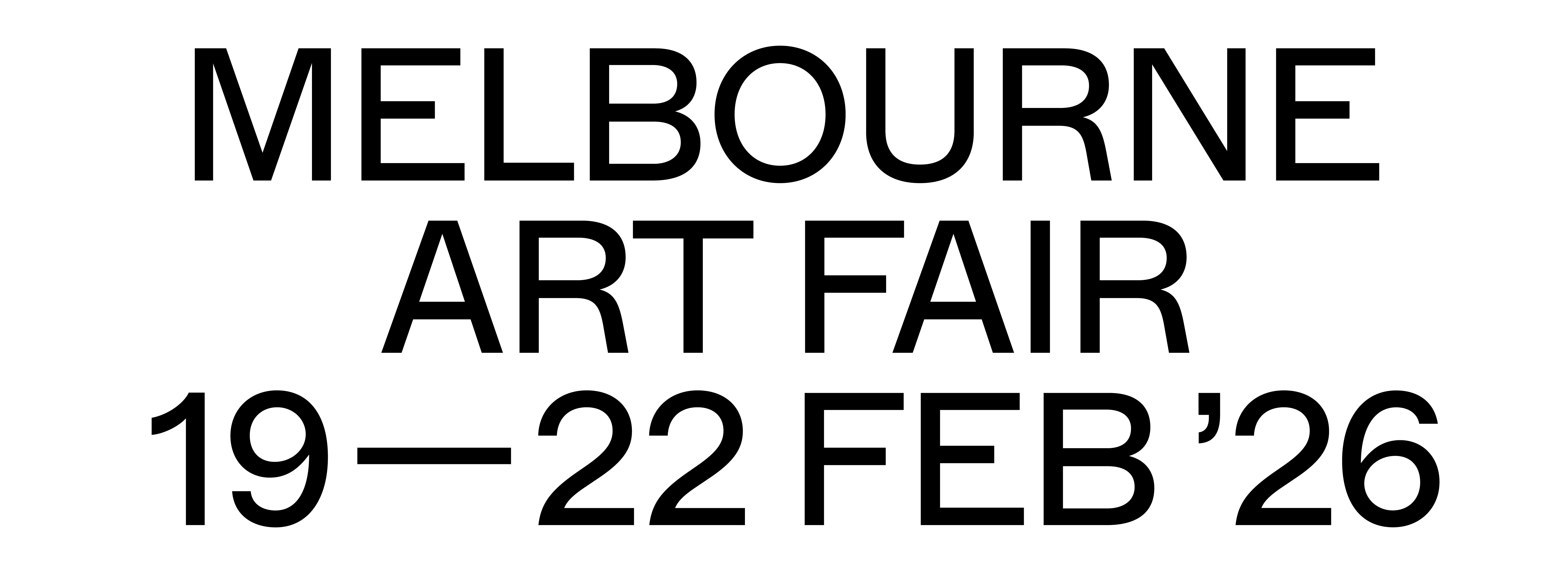Sustainability Policy
Melbourne Art Foundation, a not-for-profit organisation dedicated to the support of living artists, recognises that arts organisations and festivals can have a negative impact on the environment. We are committed to finding ways in which we can reduce the impact of Melbourne Art Fair, as well as minimise the impact of the day-to-day operations of the organisation.
In 2024, Melbourne Art Fair partnered with Clima to continue leading the way in carbon emission reduction for the artworld. Clima supports Melbourne Art Fair to understand its emissions and balance these with bespoke portfolios of carbon projects that combat climate change, while bringing additional environmental and social benefits across the globe. Motivated by the global climate emergency, Melbourne Art Fair has committed to offset $1.50 from every ticket purchased and allow attendees agency to choose which project to support. By committing $1.50 from every ticket sold, the Fair aims to offset at least 300 tonnes of carbon – equivalent to the carbon captured by 18,000 trees in 10 years – in the purchase and retirement of Australian Carbon Credit Units. Coupled with the Fair’s move to leading sustainable event destination Melbourne Convention Exhibition Centre (MCEC) and an investment in reusable exhibition walling and LED lights, Melbourne Art Fair proudly maintains its position as Australasia’s most sustainable art fair.
It is our policy to:
- Stage Melbourne Art Fair in a leading sustainable event destination MCEC. The institution has recently achieved Platinum Certification through EarthCheck, the world’s leading business advisory group specialising in sustainability and destination management for the travel and tourism industry. In addition, MCEC is committed to reducing carbon emissions to net zero by 2030.
- Utilise reusable exhibition walling (10-year lifespan) for the Melbourne Art Fair show build. This approach replaces the model of using disposable walls for each iteration of an event.
- Utilise LED lighting system in the exhibition build of Melbourne Art Fair to reduce power usage.
- Recycle as much event waste material as possible.
- Work with catering suppliers that source local produce within a 10km radius from the event venue and manage food waste sustainably.
- Avoid the use of paper where possible and prioritise use of recycled paper in print production when required.
- Use low impact transport for travel to and from work and travel for business. The Melbourne Art Fair team uses public transport to attend meetings and offer a Cycle Scheme to encourage staff to cycle to work or to carpool.
- Promote public transport to Melbourne Art Fair event attendees.
- Avoid unnecessary travel by making use of instant messaging, video and audio conferencing, telephone, and email.


